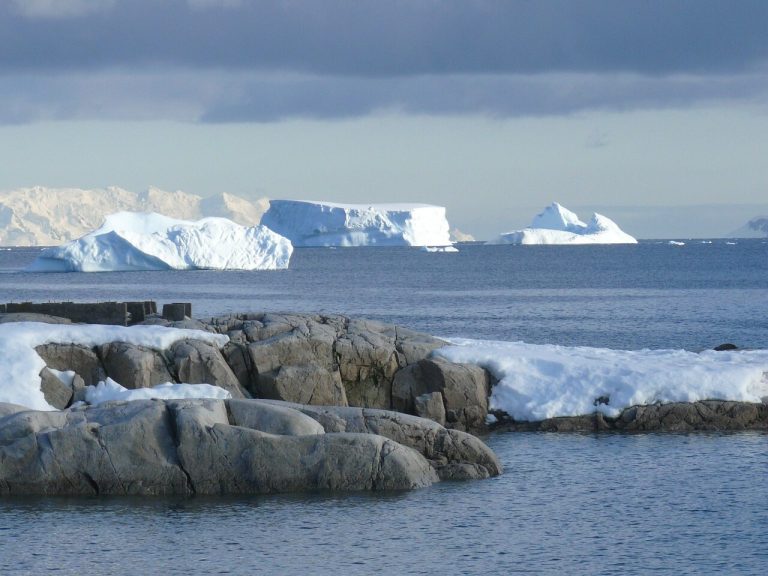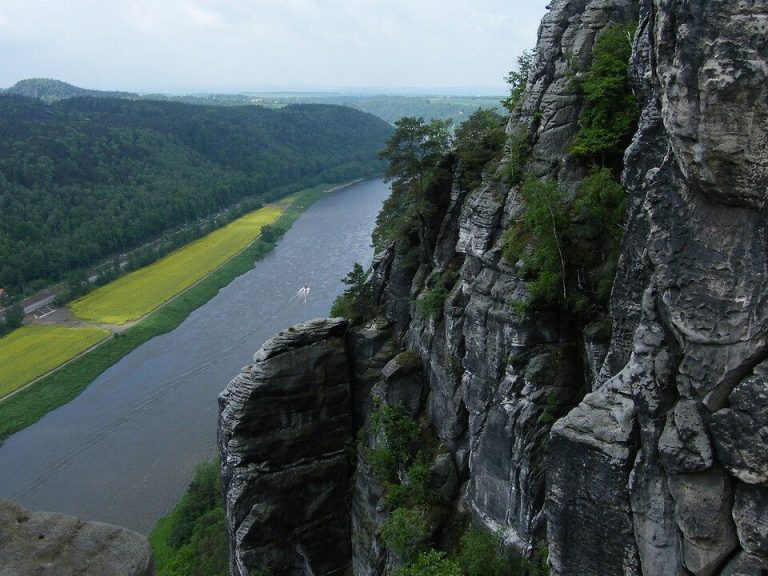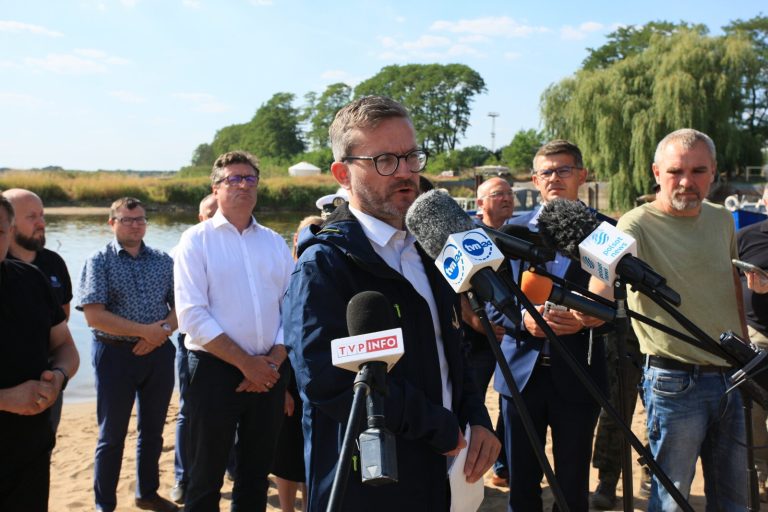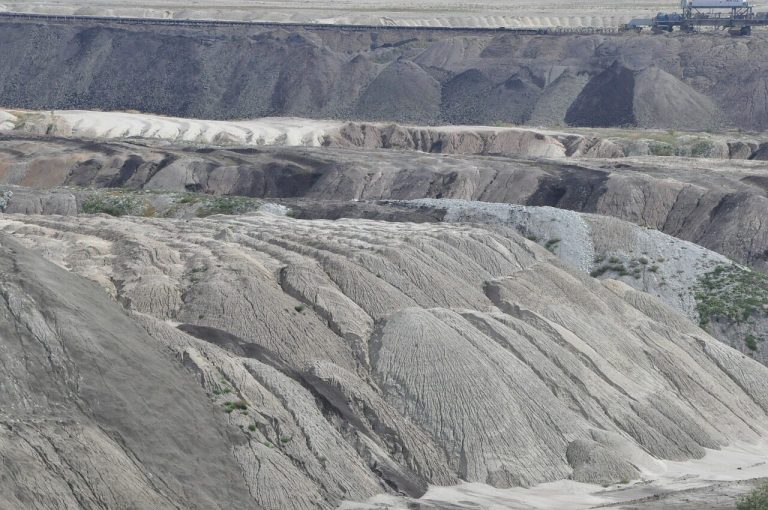More renewable energy in Orange

More and more companies approach the natural environment consciously and responsibly, trying to limit the resources they use and reduce the effects of their activities. Orange Polska offers the country’s first climate-neutral telecommunications service – Orange Flex. This is possible thanks to the adoption of many emission-reducing actions, including the switch to renewable energy from two wind farms in Greater Poland built for the operator’s needs. They produce 50 GWh of green energy annually, which is responsible for approximately 9%. total electricity consumption by Orange Polska and is primarily allocated to the needs of Orange Flex.
This is part of the #OrangeGoesGreen approach, which aims to minimize the impact of the company’s activities on the climate and environment and achieve net climate neutrality by 2040. The business’s responsibility in taking care of the Earth and how not to wait for systemic changes in obtaining green energy but to produce it yourself were discussed during the “City of Thoughts” event. Together for the planet.”
Orange focuses on renewable energy
Why this decision? As calculated (in accordance with the principles of the international standard GHG Protocol) – over 90%. the monthly carbon footprint in Orange Flex is related to the consumption of electricity necessary to provide services, and the use of services in Flex by one user was associated with the emission of 3.273 kg of CO2e per month. Currently, Orange Flex is a climate-neutral service because the production of renewable energy does not cause direct emissions of greenhouse gases into the atmosphere.
Switching to renewable energy is one of the actions. Additionally, this service also reduces emission sources other than electricity: paper contracts and invoices are no longer used, settlements are used only in the application, and eSIM cards are promoted that do not require the use of materials and do not cause emissions related to distribution. However, not all emissions can be avoided, so Flex balances them through offsetting. It allows for the removal of this amount of CO from the atmosphere2e, the emission of which could not be prevented (approximately 600 tons of CO2ew per year for all Orange Flex customers). As part of its compensation efforts, Flex is supporting a Gold Standard-certified project that is transforming degraded savannah areas into biodiverse forests, ensuring ecosystem regeneration in Colombia.
The Town of Thoughts. Together for the planet
What is the role of business, and how much influence do we have on the condition of our planet? What is more important: the responsibility of governments and companies or the decisions of consumers? What can we do every day to take care of the planet? How to take care of the Earth wisely was discussed during the debate “City of Thoughts. “Together for the Planet”
– 90 percent our emissions come from energy because our company mainly uses energy. In Poland, we have a specific situation in that it comes from fossil fuels – this is how it was historically and there is no other source for now. But we, as Orange Polska, have committed to 60 percent by 2025. our energy will come from renewable sources, mainly solar and wind – said Julien Ducarroz, president of Orange Polska, during a debate on the climate responsibility of companies. One of the participants of the online event “Miasteczko Myśli. Together for the Planet” was also Professor Muhammad Yunus, winner of the Nobel Peace Prize, who talked about business’s responsibility for global warming and the need to change the approach to environmental issues of both business representatives and consumers themselves.
– We process fossil fuels, consume fossil fuels and create plastic waste, clogging rivers and oceans, killing fish and everything else. And all because companies want to make money without having time to worry about what will happen to waste and what will happen to our health. So we need to redesign the idea of business, which cannot be just about striving for profit – said Prof. Yunus.
But how can you be sure that your business can be redesigned? He added that one of the values that the corporation is trying to convey is that you can continue your activities by simultaneously creating a social business.
Trouble or opportunity?
Is climate change a problem for companies or a great opportunity to introduce important and good changes? Especially since over 80 percent managers are afraid of climate change, but at the same time 65 percent companies had to cut sustainability-related expenses due to the pandemic. In all this, there are still consumers who really hope that business will take care of this problem.
According to Witold Drożdż, member of the management board for strategy at Orange Polska, we are dealing with a process on many levels, also when it comes to thinking to what extent it is a problem and how much is an opportunity.
– Just a few years ago, this topic seemed to business people as a bit of a whim, a hassle and a risk. Over the years, however, it takes on a different shape – corporations finally bring together people, and as we all learn, awareness of climate challenges changes, thinking about company strategies evolves accordingly. At Orange Polska, everything we do requires electricity, so we can ask ourselves about its source. We can stimulate this process because we believe it is important for ourselves and for customers who want to have a choice – and be able to use a green service – he explained.
In turn, as Mirosław Proppe, president of WWF Polska, argued during the debate, even if we are historically dependent on coal, we can change it by talking about how to develop further, how to switch to other technologies, in order to give ourselves the opportunity to develop, but also save the environment.
Ecosema and consumers
During the event, the topic of greenwashing or “eco-shame” used by some companies was also discussed. Jacek Hutyra from Orange Polska talked about how to avoid pretending to act in companies’ communication regarding ecology.
–The idea is to help teams that are already working around climate-related topics to accelerate, talk, communicate, prioritize and set our biggest areas of impact on climate and the environment. In Orange, it is primarily energy that comes from coal. You can say it’s not our fault, because this is the mix, but we have to act. And this is what we are trying to do – we sign long-term contracts with green energy producers for years, and two wind farms have just been launched in Greater Poland, which will provide us with 9%. our annual energy consumption and will reduce emissions of over 30,000 tons of CO2 a year, he said.
As he added, this is the first step, you have to look for ways, without looking to others, to act. We try to act in such a way that we have something to communicate and then talk about it as in court: the truth and the whole truth, and we also have evidence to be ready to show it and take into account that it will be contested.
Because business is also consumers, Areta Szpura, ecological activist and author of the book “How to save the world”, talked about what each of us can change to improve the climate. It turns out that it would be enough for 3.5% to implement real changes around themselves and in their shopping habits (e.g. buying fewer clothes). society so that the process of change accelerates and the snowball effect occurs. We should also start thinking comprehensively – how much did it really cost the environment to produce one cotton T-shirt – that it is as much as PLN 3,000. liters of water, which is enough for 2.5 years of life for one person.






